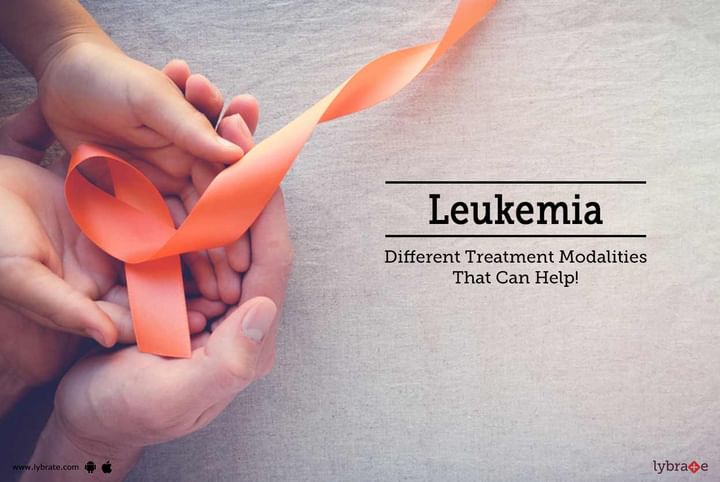Leukemia - Different Treatment Modalities That Can Help!
You have probably heard of the gemstone hematite, it means bloodstone in Latin, and the word heme means blood in Greek, thus giving rise to hematology or the study of blood. But hematology is more inclusive than that because it also concerns itself with the study of organs that form blood and diseases that plague blood. One such deadly disease is leukemia i.e. cancer of the blood cells.
Most leukemia patients are adults, thus negating the popular conception that the blood cancer only affects the young. The average patient is an elderly white male. Leukemia occurs when the white blood cells in a person’s blood multiply exponentially and begin to crowd out the resources that red blood cells and platelets need to function - these cells become dysfunctional and die as a result. The result is a sick and weak body which is deprived of the red blood cells and platelets necessary to be functional, and a greatly elevated level of dysfunctional white blood cells which are not capable of protecting the body from invasive diseases.
A person’s bone marrow can overproduce two types of white blood cells, thus leading to two types of Leukemia: lymphoid and myeloid. Because these cells are overproduced, they are incapable of protecting the body from disease and infection. The result is multiple organ failures because the few remaining red blood cells and platelets are unable to supply oxygen and other vital nutrients to organs, and they are unable to carry away toxic waste and carbon dioxide gas. People with Leukemia are more prone to uncontrolled bleeding and bruising because they lack the platelets needed for the blood to efficiently clot. People with Leukemia tend to become anemic because they don’t have enough red blood cells (which carry the iron their body needs to survive.)
A person can have one of two types of Leukemia i.e acute or chronic.
- Acute Leukemia is an aggressive cancer because most of the increased, immature white blood cells are dysfunctional and are unable to protect the body from opportunistic diseases and infections.
- Chronic Leukemia is less severe and serious because only some of the increased and immature white blood cells are dysfunctional - this means that they can protect the body better and that there are more red blood cells and platelets that allow the body to function.
While it is unknown what the causes of Leukemia are, people with cancer tend to have certain abnormal chromosomes, which do not cause cancer. While there is no magic bullet to prevent a person from getting Leukemia, not smoking, and avoiding radiation, and exposure to certain chemicals seems to help. Cancer tends to be genetic as well.
Leukemia can be treated in the following ways:
- Chemotherapy
- Radiation
- Biological therapy
- Targeted therapy
- Stem cell transplant
- Surgery
With chemotherapy, medicines are used to kill the cancerous cells in the blood and bone marrow. Radiation is targeted to a specific part of the body where cancer has grown in excess, and either kills or retards the growth of these cells. Biological therapy uses certain medicines to strengthen the immune system to fight and kill off the cancerous cells.
Targeted therapy blocks growth of the genes and/or proteins that leukemia cells need to grow through various medicines. Stem cells transplant is a new technology which replaces leukemia producing cells in bone marrow and the body with ones that make normal blood cells. Recipients get initial high doses of chemotherapy to kill off leukemia producing cells, and then they get an intravenous infusion of new stem cells. The idea is to flood the body with cells that produce healthy blood cells, platelets, and plasma. People can have their spleen removed if it is cancerous and affecting the function of other organs.
While there is no one magic bullet for understanding leukemia because it is a very complex cancer, new research is allowing scientists, medical researchers, and doctors to better treat leukemia patients. In case you have a concern or query you can always consult an expert & get answers to your questions!



+1.svg)
